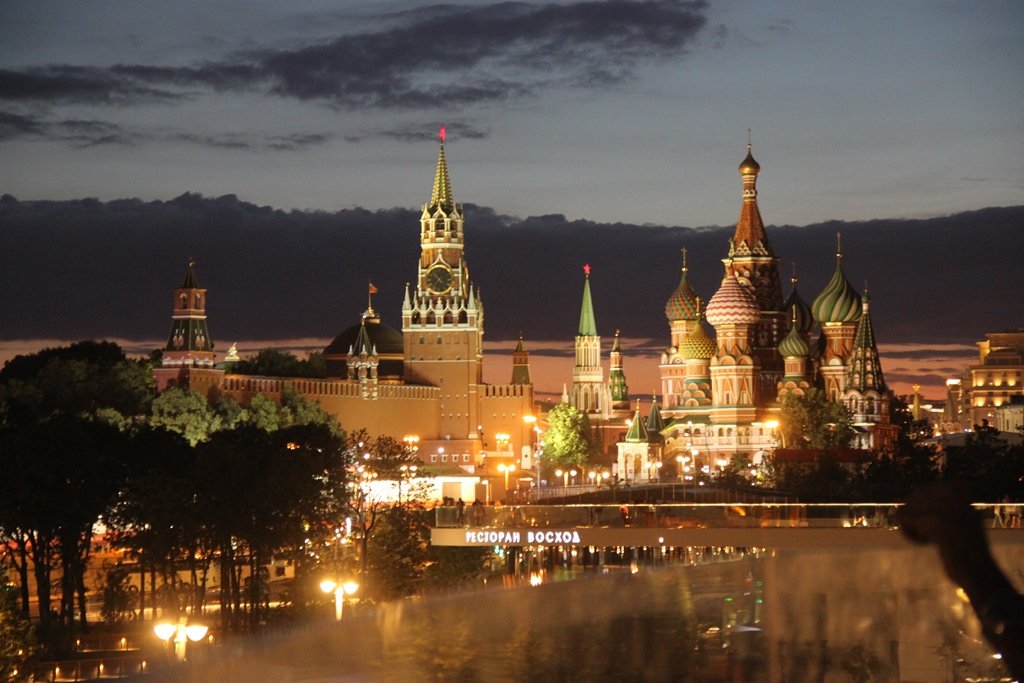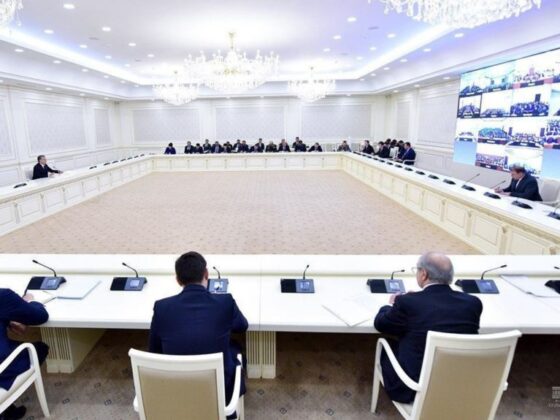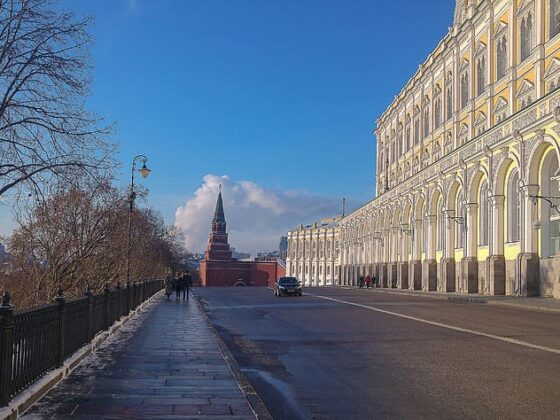(Washington Post) Opinion polls and authoritarian systems don’t go together. However professional or independent the pollster, any results are necessarily skewed as people weigh their responses — especially to questions about the regime — against potential consequences. Political scientists refer to this as “authoritarian bias.” A late 2015 poll by the Levada Center, Russia’s most reputable polling agency, found that 26 percent of respondents were afraid to answer political questions — and this was just those who were not afraid to admit their fear. […]
“There are two different oppositions to Putin in Russia,” wrote Kirill Rogov, a prominent political analyst. “One comes from forward-thinking and liberal residents of large cities, the other from depressive and impoverished provinces. Their agendas and expectations are so different that they are usually not able to speak with one voice. But it seems that, on this issue, they are.” […]
“We are now at a crossroads,” Rogov noted. “There are countries like Kazakhstan or Uzbekistan where societies have accepted a limitless presidency. Russian society is unlikely to react the same way. … In the coming years, this amendment will have the same effect as Article Six had in the final years of the USSR, when it became … a consolidating factor for the opposition.” […]
Read More © Washington Post











